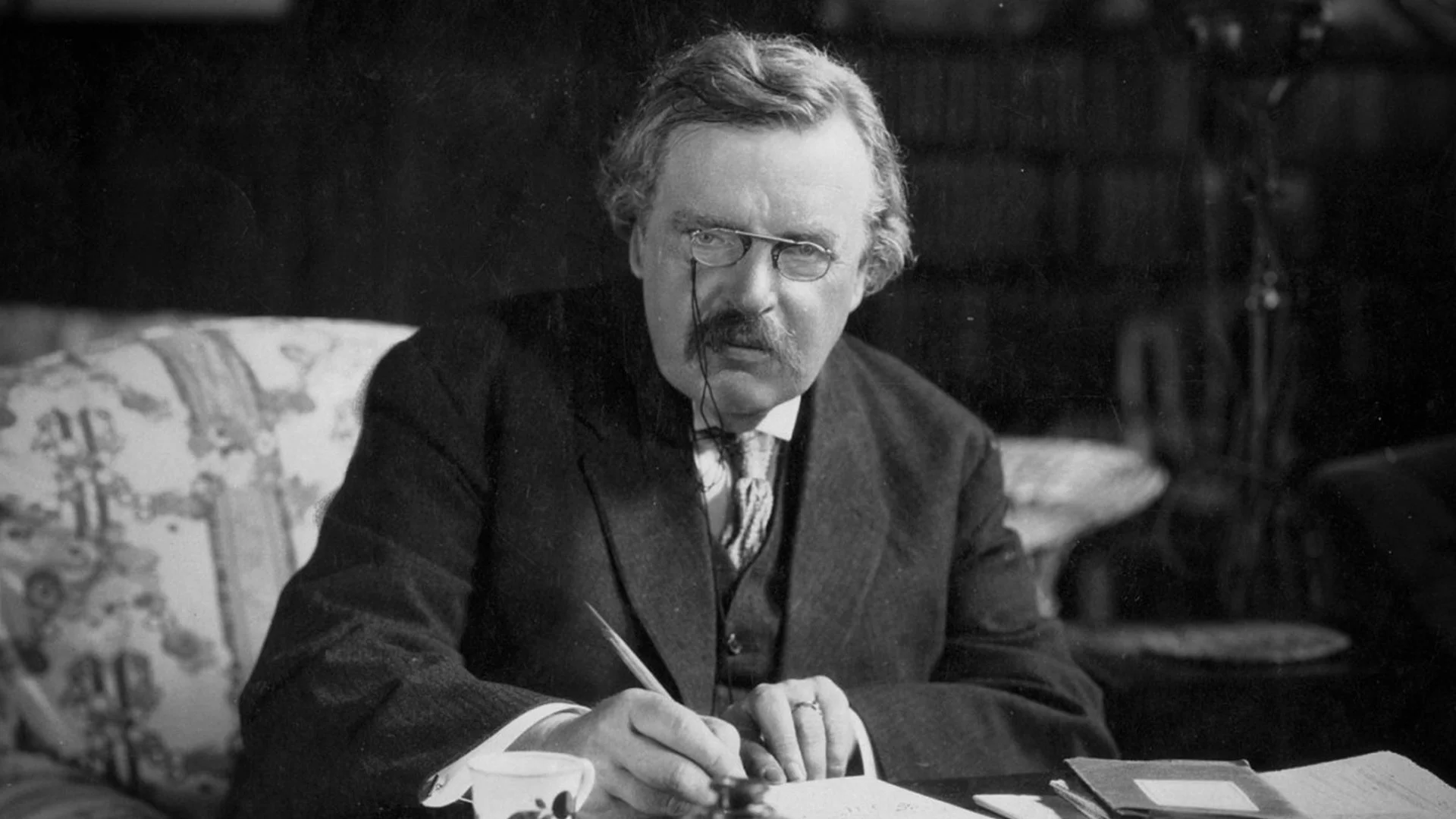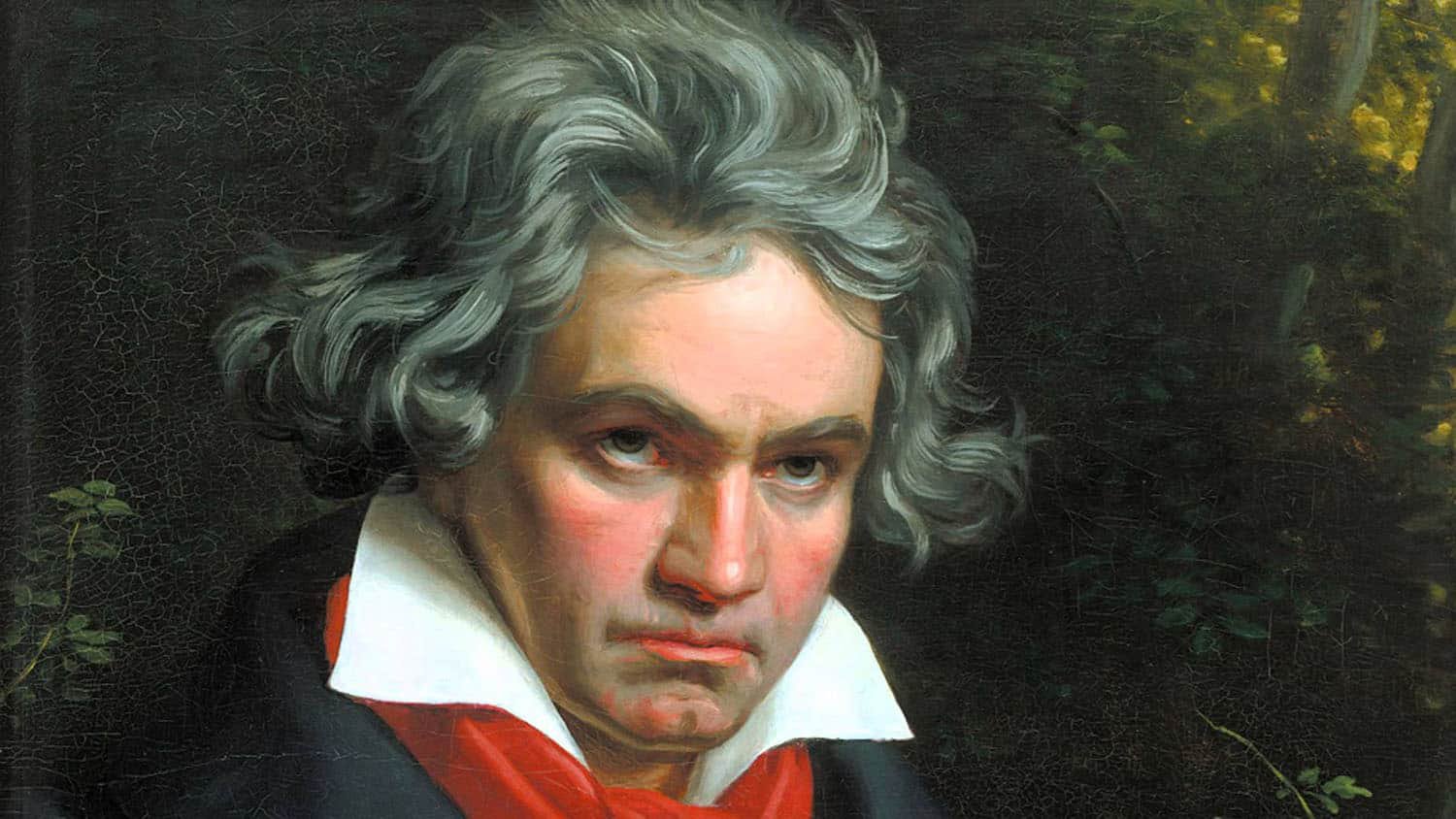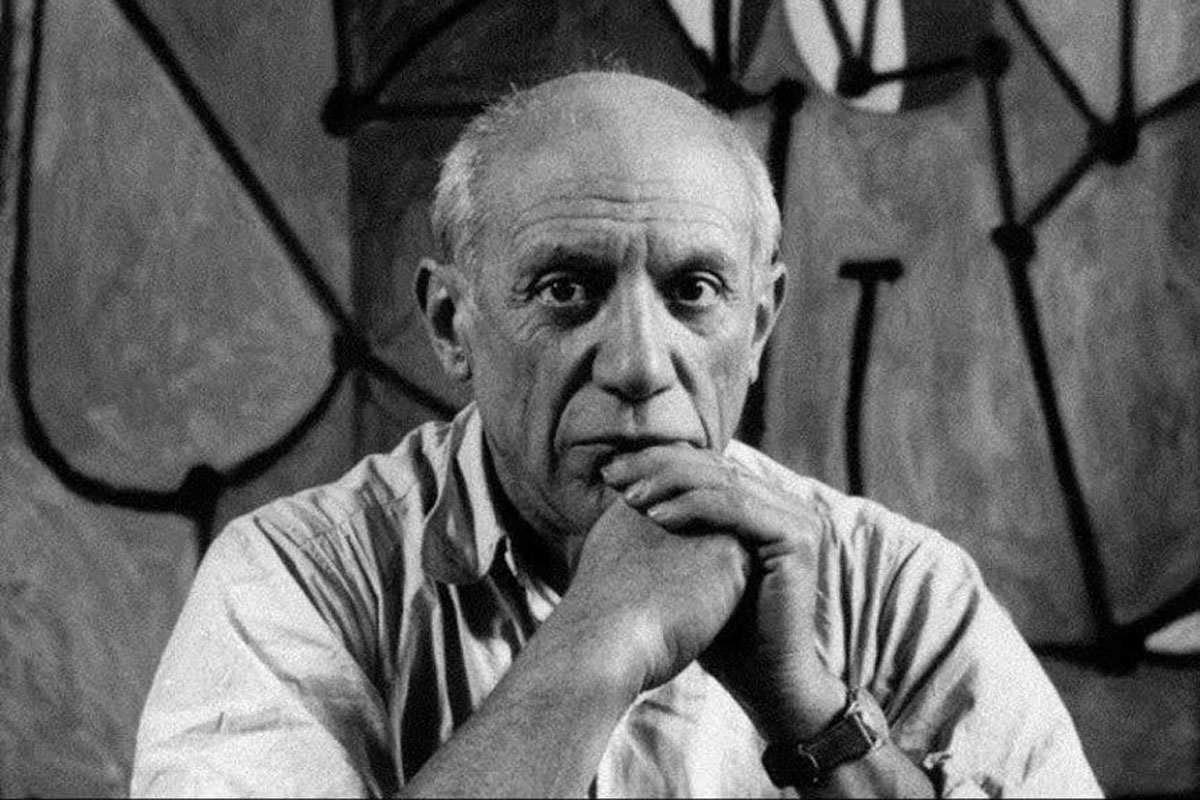This series of articles seeks to examine the character attributes of highly successful leaders, regardless of their adherence to a strong faith or moral standard. In presenting these thoughts, Leadership Ministries is not agreeing with or advocating these traits or practices, but rather presents these as ideas for discussion and development in your own leadership journey.
Louis Pasteur (1822-1895) was a French chemist and microbiologist. He laid the foundations for hygiene, public health and portions of modern medicine. His scientific research led to the modern practices of vaccination, microbial fermentation and pasteurization. Pasteur’s work has saved millions of lives and has helped us understand the causes and develop treatments for many diseases.[1]
Pasteur was born to a relatively poor family in Dole, France. He was an average student, interested in fishing and sketching. Though he failed his first college exams, he eventually learned a bachelor of science degree in mathematics, and had mediocre grades in chemistry. By 1846 he was appointed as a professor of physics at the Collège de Tournon in Ardèche, and later became professor of chemistry at the University of Strasbourg. It was during the Strasbourg years that Pasteur would make his enduring scientific contributions.
Pasteur’s research into beer fermentation led to pasteurization, or the now-common practice heating of liquids to kill off microorganisms. Photo: Shutterstock.com.
Chance favors the prepared mind. As a scientist Pasteur declared, “Dans les champs de l'observation, le hasard ne favorise que les esprits prepares” which translated is, “In the field of observation, chance favors only the prepared mind.” The idea is that you will more likely be successful in life and work if you set yourself up for success through thorough preparation. Pasteur was experimenting with the fermentation properties of alcohol when he stumbled upon a profound scientific discovery. It was yeast, not decomposition, that produced alcohol from sugar.
Pasteur further showed that growth from microorganisms was responsible for spoilage of beer, wine and milk. He invented a process where liquids were heated to a temperature that killed most bacteria and molds present within them, preserving the liquids for much greater periods. The process is now known as pasteurization, which is named after him. This line of research by Pasteur also led to his discovery that microorganisms infecting animals and people caused diseases. His friend Joseph Lister went on to develop antiseptic methods in surgery—all this from initial research into how beer fermented.
Science knows no country. It was Pasteur’s view that the scientific community transcended nationality, and that knowledge should be shared among all peoples for the betterment of mankind. He said, “Science knows no country, because knowledge belongs to humanity, and is the torch which illuminates the world.” Following his fermentation experiments, Pasteur went on to disprove the prevailing theory of spontaneous generation. Other scientists postulated that organisms could just appear in liquids with no outside influence. Pasteur found that liquids in a sealed flask would not produce living organisms while flasks open to the air would—showing that the organisms were the result of outside contamination and did not just manifest spontaneously.
Another scientist, John Tyndall, who was an admirer of Pasteur, also did experiments to disprove spontaneous generation. Their joint work on the contamination of microorganisms led to the invention of the autoclave, using temperature and pressure to sterilize scientific tools. Today autoclaves are used to sterilize everything from surgical instruments to tattoo needles to medical waste. The sharing of knowledge among Pasteur and his contemporaries made these advances possible.
Little things matter. Pasteur’s research often dealt with very small organisms. He said, “The role of the infinitely small in nature is infinitely great.” In 1877, he was researching diseases that affected chickens. He found that as he produced cultures of chicken cholera over time, they became less pathogenic. By 1879 he was injecting chickens with the weakened cultures. They showed some symptoms of infection, but eventually recovered. Pasteur had discovered that injecting animals with a weakened form of a virus could result in the animal producing antibodies that would allow them to fight off the infection naturally.
Pasteur had come upon the first vaccine. The result of the injection of a weakened cholera virus was that the chickens became immune to the disease. He published his findings, stating his “hope to culture all microbes and to find a vaccine for all infectious diseases that have repeatedly afflicted humanity, and are a major burden on agriculture and breeding of domestic animals.” His research led to vaccines against anthrax in cattle, swine erysipelas and rabies. In the case of rabies, Pasteur, who was not a licensed physician, experimented by injecting a rabies vaccine into a 9-year-old child who had been badly mauled by a rabid dog. The child survived and Pasteur was hailed as a hero.
Pasteur was married and had five children—only two of whom survived to adulthood; the other three died of typhoid. He was a controversial figure, sharing some findings with fellow scientists but often holding his work in secrecy. Research following his death uncovered that Pasteur would sometimes exaggerate his findings or give misleading accounts of his discoveries. French immunologist Patrice Debré concluded in a 1998 book on Pasteur that he was “unfair, combative, arrogant, unattractive in attitude, inflexible and even dogmatic.”
He died in 1895, having suffered a stroke a few years earlier that left him severely impaired. He is interred at the Pasteur Institute in Paris. He is reputed to have remained an ardent Christian in life. His grandson wrote of him, “Absolute faith in God and in Eternity, and a conviction that the power for good given to us in this world will be continued beyond it, were feelings which pervaded his whole life; the virtues of the gospel had ever been present to him. Full of respect for the form of religion which had been that of his forefathers, he came simply to it and naturally for spiritual help in these last weeks of his life.”[2]


































Frank Winfield Woolworth was an American entrepreneur, and founder of the F. W. Woolworth Company. He pioneered the retail variety stores which featured low-priced merchandise selling for 5 and 10 cents.